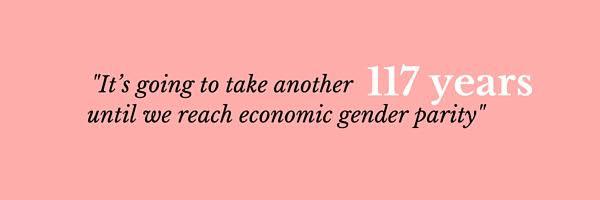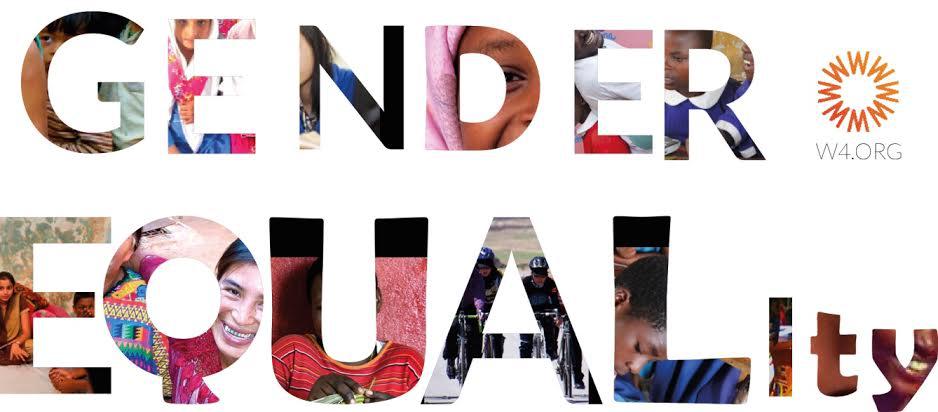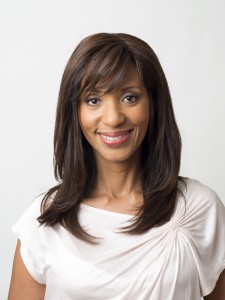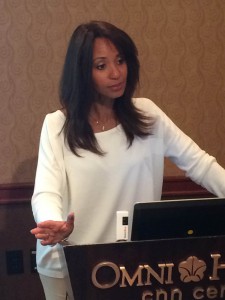W4 was thrilled to speak with Leonilda Pena Renaldo, an inspirational gender diversity specialist who works to connect, empower, and support women in the corporate world through the power of “no-fear networking”.
|
|
What inspired you to begin working in the field of gender diversity and what services do you offer?
My interest in the field intensified right after I came back from maternity leave, which made me more aware of the issues women face when they return to work. Also, I had encountered the idea of a Women’s Network in my previous job at ESCP Europe.
As for the services I offer, I coach people as they ask themselves WHAT NEXT? in their lives. I focus on many types of transitions, in terms of career and personal development, finding training solutions to update a person’s skills and bringing in role models to inspire those going through changes.
What are some goals you like to see your clients achieve in their workplace or personal lives?
I always like my clients to come clean with themselves, be more authentic, and not be afraid to show an ever-so-slight vulnerability, because this openness helps them to speak up more and gives them a stronger voice.
Why do you think companies should focus on promoting gender equality in the workplace?
I think companies should make gender a genuine priority because, well, we have been working with male-type business models and characteristics and we know what that has done. I think we are way behind. It’s time for a change and for something that will create more balance and a sense of community, which W4 has already started doing. I believe that women can bring these fruitful elements into the workplace equation.

What role do you think schools and universities can play in promoting greater gender diversity in the workplace?
I think schools and universities create a safe environment in which to raise awareness of these issues. Whether it’s your first experience or you are going back to continue your education, schools and universities provide a great platform for reinventing yourself and asking yourself all the right questions. Often we embark on a course of education completely blinded by our immediate goals, without taking into consideration the environment in which we are going to excel in our jobs in the future. Education can provide that safe environment for questioning and help us to set the template for healthy and fair conditions in the workplace later.
I was struck by the article in which you talk about the Good-Girl syndrome, something I’ve seen while working in several offices during my time at university. Do you think this mentality is still prevalent today, and, if so, how is it affecting women’s success, in their personal lives and in their businesses?
Yes, the good girl syndrome is still affecting women’s personal and professional lives. The first dimension is the whole problem of a woman feeling that she has to ask for permission. Second, there’s the imposter syndrome, when a woman feels that she is putting on a role or a mask because no one gave her permission to be daring and successful. So, she almost feels, ‘Oh boy, I am not supposed to be here. I just got lucky. I only just made it.’ The third manifestation of the good girl syndrome is when a woman has the notion, ‘Yes, I worked really hard and therefore I will be discovered. I will get my reward. If I keep working really hard, I will finally be noticed’. It’s almost like a model of dating in which a woman believes, ‘If I look good and if I walk the walk and talk the talk, then I will get noticed. I will have that guy actually come and approach me without me having done the actual ‘hunting’, so to speak.’ Of course, many more women are actually daring to be proactive now. But, overall, the good girl syndrome holds women back, keeps them from speaking up, because they feel that they first have to ask or wait for permission. This is preventing women from daring, being curious, taking risks. (Tellingly, women are reluctant even to apply for a position if they feel they don’t meet at least 70% of the stated qualifications, whereas men apply if they feel they meet anywhere between 30 and 50% of the requirements.)
Your work is fairly hands-on and interactive. How are you encouraging women to make networking a priority?
|
|
Well, first of all I tell them that there is no way around it! Moreover, it is something we already do naturally, and we can do it professionally, too. I think it’s important to make women comfortable with the word itself: it’s a word charged with fear for many people because they feel a big pressure to put their best foot forward and to be attractive and perfect. I try to make women feel comfortable with the fact that you don’t have to do anything extraordinary, you just have to embrace the idea of networking and trust that it’s something you do naturally and it’s what makes the world go round.
I do this in a very hands-on way by helping women to discover what they are good at or what they like to do and then share it with someone, or teach it to someone. This can really transform the whole approach to networking. Then it becomes sharing something with someone rather than taking an ‘I-want-this-from-you’ approach. In this sharing approach, the woman thinks, ‘Yes I am teaching someone and in turn I’m learning, too.’ So there’s a sense of reciprocity.
How can people contribute to the empowerment of women and women’s leadership in businesses?
I would like to see businesses make women’s empowerment more of a true priority rather than a PR statement made merely to look good and say, ‘Hey-we-are-meeting-one-of-the-development-goals’. I’d like it to be a genuinely strategic part of their development, with them dedicating actual funding for empowering women, in addition to having speakers come in to share their knowledge and experiences. Otherwise, the danger is that society can take advantage of women’s sense of community, our generosity, the fact that we are naturally wired to give – creating an unfair world of volunteer work, relying on women’s goodwill to make changes. I think of the CEO who wrote an article highlighting the fact that it’s going to take another 117 years to reach economic gender parity, even in Europe. It’s painful to see that number after all the work that has been done in the 1970s, 80s, and since. Companies can help speed up the process towards gender equality by making a point of putting money on the table so that women are empowered to take up the roles they are entitled to, in numbers equal to men.

What are some positive changes you’ve seen in your work?
I see women letting their guard down. I see women teaching each other. I see women daring more, and I see women become a little more curious. It’s quite fulfilling for me to see that.
Well, I will say that in women’s networks I would love to see more daring. I have always been in awe of W4 because it’s pushing women to look beyond themselves, see beyond themselves, and work towards something bigger. I believe that if women, indeed people in general, were to work on themselves while at the same time working on something bigger than themselves, then positive changes would come about more quickly. I think that’s what makes W4 so strong: you’re doing something for someone else, for another community. If women’s networks did more of that, then…
It wouldn’t take 117 years?
Yes! Absolutely.















